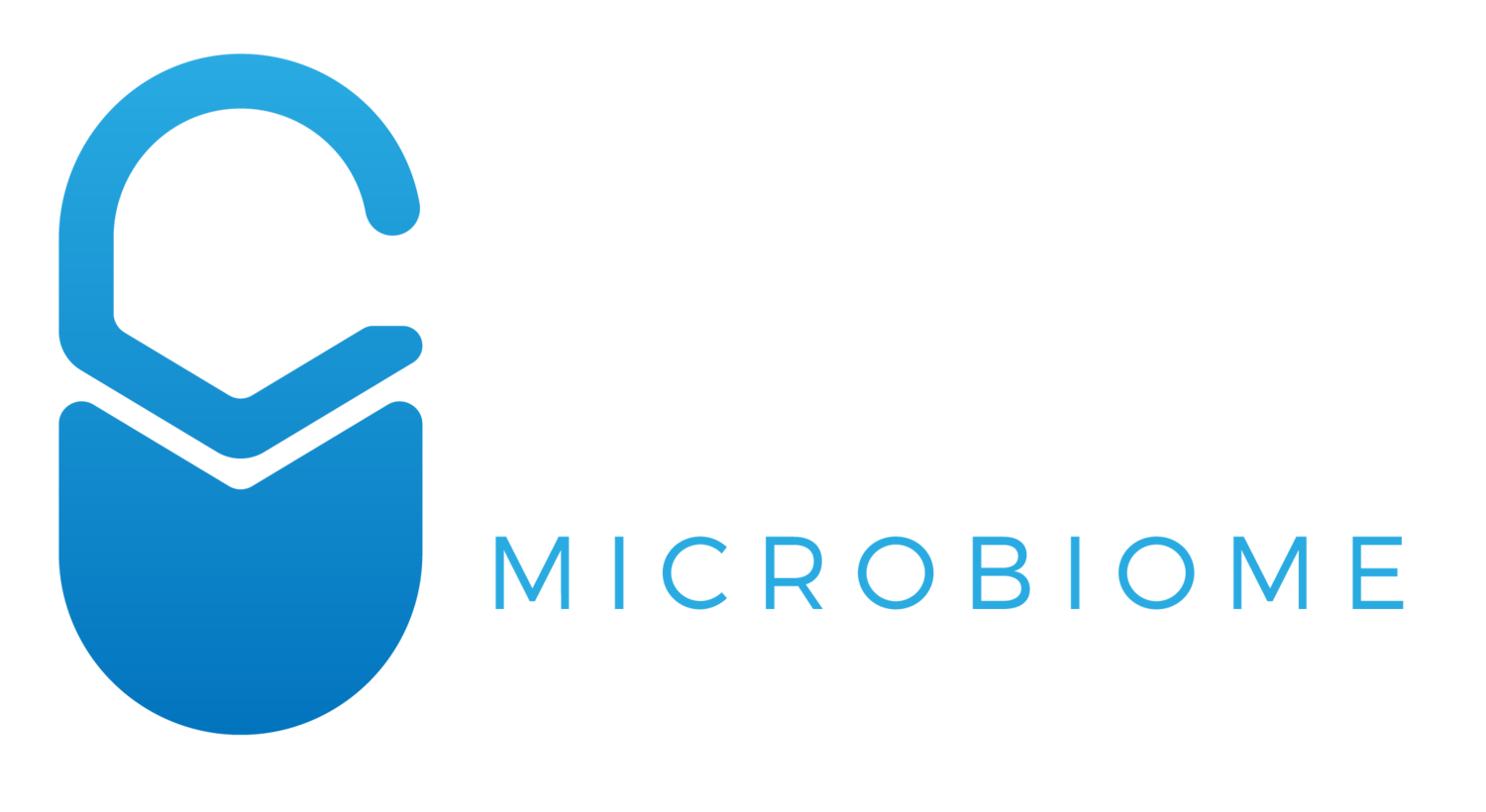The Intriguing Connection Between Probiotics, Testosterone, and Mental Health
In recent years, the world of health and wellness has witnessed a growing interest in the gut-brain connection. This intricate relationship between the gut and the brain has led researchers to explore the potential links between probiotics, testosterone levels, and mental health. While each of these elements plays a significant role in our overall well-being, understanding their interplay can shed light on the fascinating ways in which our bodies function.
Probiotics and Gut Health:
Probiotics are live microorganisms that are often referred to as “good” bacteria. They are commonly found in fermented foods like yogurt, kefir, sauerkraut, and in supplement form. Probiotics are known for their positive effects on gut health. They help maintain a balanced and diverse gut microbiome, which is crucial for proper digestion and overall health.
The Gut-Brain Connection:
The gut-brain connection is a complex and bidirectional communication system between the gastrointestinal tract and the brain. This connection is facilitated by various pathways, including the nervous system, immune system, and the production of neurotransmitters. Researchers have found that the gut microbiome can influence brain function, mood, and behavior. This has led to the emergence of the term “psychobiotics” to describe probiotics that may have a positive impact on mental health.
Probiotics and Mental Health:
Studies have suggested that probiotics could potentially benefit mental health by influencing the gut-brain axis. Probiotics may help reduce symptoms of anxiety, depression, and stress. While the exact mechanisms are still being investigated, it is believed that probiotics can modulate the gut microbiome in a way that positively affects neurotransmitter production, inflammation, and immune response.
Testosterone and Mental Health:
Testosterone is a hormone primarily associated with male reproductive health, but it also plays a role in mood regulation and overall mental well-being in both men and women. Low testosterone levels have been linked to symptoms of depression, fatigue, and decreased cognitive function.
The Link between Probiotics, Testosterone, and Mental Health:
Recent research has started to explore the potential link between probiotics, testosterone levels, and mental health. While more studies are needed to establish a direct causal relationship, some intriguing findings have emerged:
1. Gut Health and Testosterone: A balanced gut microbiome influenced by probiotics may indirectly support healthy testosterone levels. An imbalanced gut microbiome can lead to inflammation and hormonal imbalances, potentially affecting testosterone production.
2. Gut-Brain Axis: Probiotics that positively influence the gut-brain axis may have a downstream effect on mood and hormone regulation, including testosterone.
3. Immune System Modulation: Probiotics can help regulate the immune system, and immune system health is closely tied to hormone balance. An improved immune response could indirectly benefit testosterone levels and mental health.
Conclusion:
The connection between probiotics, testosterone levels, and mental health is a fascinating area of research that continues to evolve. While more studies are needed to establish definitive links, there is growing evidence to suggest that maintaining a healthy gut microbiome through probiotics may have a positive impact on both testosterone levels and mental well-being. As our understanding of the gut-brain connection deepens, it opens up new avenues for potential therapies and interventions to improve overall health and quality of life.

